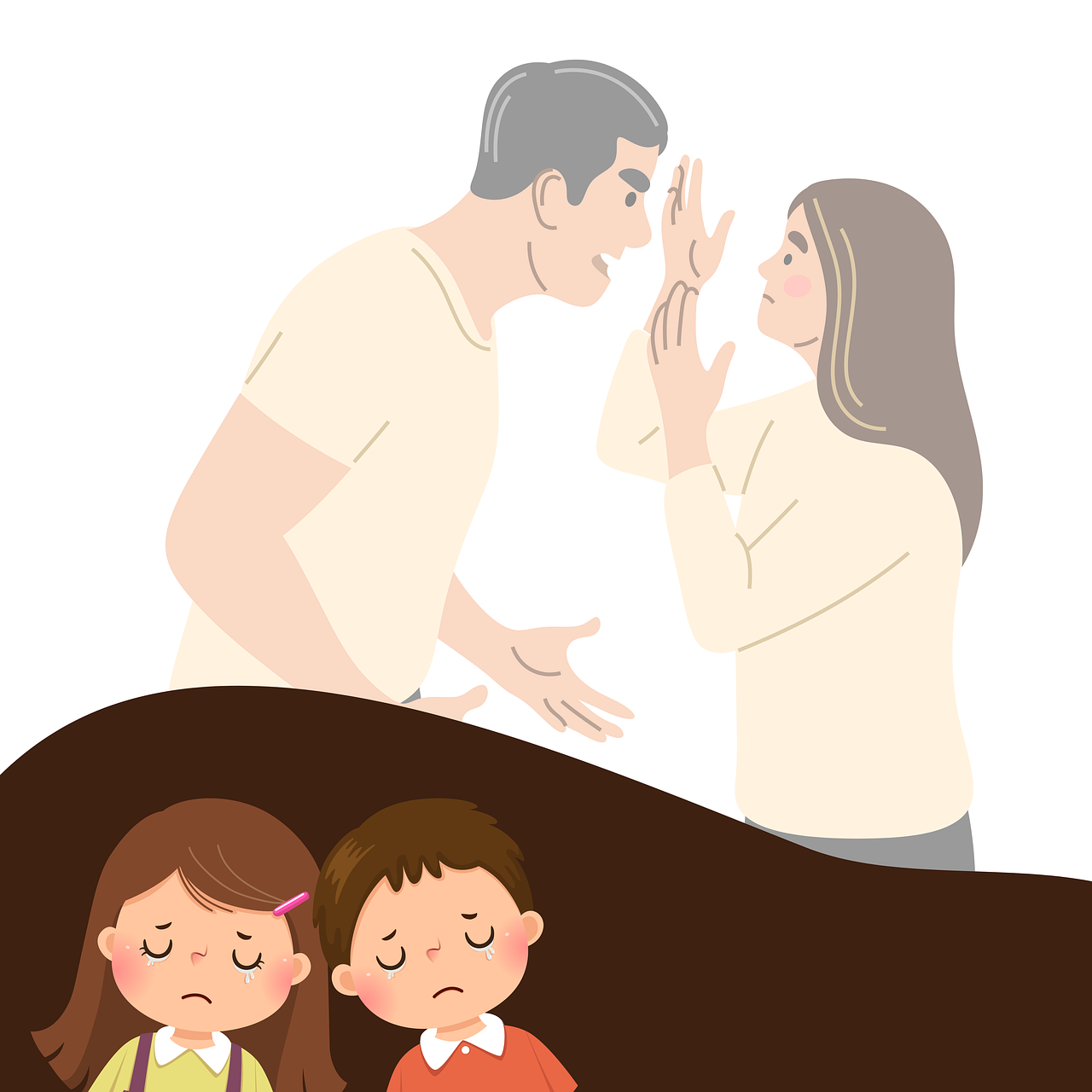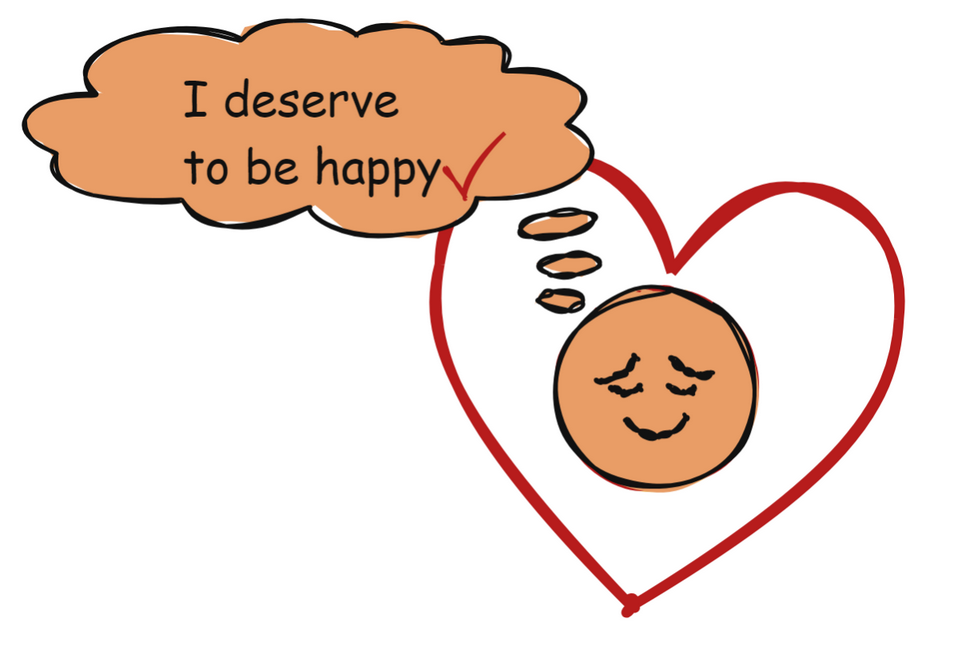Overreactive? – Is it a disorder or an adaptation?
“Trauma robs you of the feeling that you are in charge of yourself”
Bessel van der Kolk

When you are overreactive …
We know that mainstream psychotherapy is diagnosing us with a series of disorders and we accept that something is wrong with us and we need to be fixed. So, we go to the therapist and we talk and talk about our problems, about our feelings and our life.
We can even feel a little better after a session. At least someone was listening to us! And, if we were lucky, we could intellectually reframe our beliefs and learn to think differently.
And then we identify ourselves with these diagnosis and we think that this is who we are.
But the problem is that then, in our day to day life, we continue reacting the same way to the same triggers.
Because we overreact before thinking.
But, a big but here, some people started to look at it in a different way. Between them was the pioneer Abram Cardiner who, in 1941, described trauma as a somatic experience. He was studying veterans and he concluded that they suffered from physioneurosis. He noticed that their bodies continued to re-experience the very terrible events they witnessed in the war and those events keeps coming back in terms of images and bodily sensations.
Other researchers, like Bessel van der Kolk and Petter Lavine continued this research and proposed a definition of PTSD as resulting from an extreme event, outside of normal human experience.
It turned out that they later found out that trauma is not an unusual human experience at all. During our lives, specially in childhood, most of us suffered some kind of Adverse Childhood Experience that can result in PTSD or, if we experienced it in a continuum for a prolonged time, in Complex PTSD.
Trauma happens, in more or less extent to all of us. We could think of trauma as a spectrum. Trauma is part of the human condition.
The lingering effect of trauma is that a part of your brain, the amygdala, that is in charge of identify danger and react accordingly, continues to react to mild stressors as if your life is in danger.
This “security guard” is not very accurate – generalises, deletes and distorts.
If you have choked on a bottom in your throat when you were 2 yeas old, you can be afraid of wearing clothes with bottoms.
If you were alone at home watching TV during the 9/11 events, you can continue to check the news, every hour, for the next 20 years, convinced that we are all going to die.
If you were attacked by a dog when you were a child, you can find yourself avoiding any place where dogs appear.
So you tend to become overreactive.
Somebody may irritate you in the supermarket,
you might develop road rage,
you may have difficulties in addressing misbehaviour from your children,
you might feel anxious in some situations and nobody understands why
you might overcompensate at work,
you might become a people pleasing person,
you might have difficulties in your relationships,
you might look for substances or behaviours that numb the pain,
you might shut down completely,
and you might act on your anger with catastrophic consequences for you and others, and end up in prison.
What you are not aware of is how this difficulties and problems and reactions that you are having right now are rooted in experiences you had before.
The event itself is over but you continue to react as if you were in danger still.
But what we see is that what mainstream psychotherapy does is to try to fix you without looking to your life. Most likely you will be diagnosed with some kind of problem and will be prescribed drugs to fix you. They just dismiss the reality of your life and tell you to not do this things anymore – generally doesn’t work because you are only working at a cognitive, conscious level and your trauma is registered at an unconscious level and, in fact, in your body. Your brain neuro-patterns are affected and your body is affect as a whole.
Unfortunately I’ve been hospitalized twice. When I was 27 years old and when I was 41 years old. NOBODY ASKED ME ABOUT MY STORY. Nobody!!!? We talked about what I did and then …some more pills. The conversation with the psychotherapist at the hospital were around having or not having depression and asking me why I did it. Well, I did it because I didn’t wanted to be here anymore, dah!
I was, indeed, referred for some extra support with a psychologist. But I never went. I had children to take care, I needed to work, I needed to do a lot of things, but not taking care of myself.
That’s why I am so proud of my clients. They are just courageous people that understood what took me years and years to understand:
We need to take care of ourself so we can take care of others and getting help shows strength, not weakness.
This is not you – this is what happened to you
When you understand this, you can start to take care of the wounds that you carry inside of yourself. You will know that you being overreactive is understandable and your body is, in fact, working properly. It has adapted to your experiences. Your body is protecting you from further harm. Maybe is overreacting on the present circumstances and context, but it is trying to keep you safe.
ACEs – Adverse Childhood Experiences

| Before your 18th birthday … | Yes/No |
| Did a parent or other adult in the household often or very often… Swear at you, insult you, put you down, or humiliate you? or Act in a way that made you afraid that you might be physically hurt? | |
| Did a parent or other adult in the household often or very often… Push, grab, slap, or throw something at you? or Ever hit you so hard that you had marks or were injured? | |
| Did an adult or person at least 5 years older than you ever… Touch or fondle you or have you touched their body in a sexual way? or Attempt or actually have oral, anal, or vaginal intercourse with you? | |
| Did you often or very often feel that … No one in your family loved you or thought you were important or special? or Your family didn’t look out for each other, feel close to each other, or support each other? | |
| Did you often or very often feel that … You didn’t have enough to eat, had to wear dirty clothes, and had no one to protect you? or Your parents were too drunk or high to take care of you or take you to the doctor if you needed it? | |
| Were your parents ever separated or divorced? | |
| Was your mother or stepmother: Often or very often pushed, grabbed, slapped, or had something thrown at her? or Sometimes, often, or very often kicked, bitten, hit with a fist, or hit with something hard? or Ever repeatedly hit over at least a few minutes or threatened with a gun or knife? | |
| Did you live with anyone who was a problem drinker or alcoholic, or who used street drugs? Was a household member depressed or mentally ill, or did a household member attempt suicide? | |
| Did a household member go to prison? |
Total Yes’s_________
Now that you know your ACEs, what does it mean? The Adverse Childhood Experiences Study uncovered a stunning link between childhood trauma and the chronic diseases people develop as adults, as well as social and emotional problems. This includes heart disease, lung cancer, diabetes and many autoimmune diseases, as well as depression, violence, being a victim of violence, and suicide.
- childhood trauma was very common, in all types of social backgrounds
- there was a direct link between childhood trauma and adult onset of chronic disease, as well as depression, suicide, being violent and a victim of violence;
- more types of trauma increased the risk of health, social and emotional problems.
- people usually experience more than one type of trauma.
How can you help yourself?

There are several techniques that can be used to promote healing in those living with unresolved ACEs and lower their risk of future mental and physical health issues. Namely:
Qualified therapists use many effective strategies in helping you recover from ACEs including Trauma Reprocessing Techniques, Cognitive Behavioural Approaches, somatic practices and hypnotherapy (I use them all, because they complement each other. Learn more about trauma and trauma treatment here).
Writing about your childhood, for example, can help you to process the events and emotions of your past. One study found that writing about strong emotions surrounding childhood experiences can improve focus and cognitive performance, as well as improve immune function.
Active mindfulness techniques and moderate exercise have been found to restore balance. This can lower anxiety and depression and decrease the need for destructive coping mechanisms.
Another important aspect of recovering from any disease of the mind or body is the development of healthy human connection. For example, a person with a score of 4 ACEs who had a loving grandmother, teacher or best friend, may have a very different outcome from someone with an ACE score of 4 who had no support outside of the household.
Having a purpose – We find purpose when:
1) We have people who need us and we are happy to help;
2) We challenge ourselves to achieve something (a hobby, a sport, a new skill, learn something new, etc);
3) we are part of a wider community and we feel we are contributing to something bigger than us.
Self-compassion

Self-compassion is an important part of recovering from trauma.
Yin and yang
Self-compassion can be thought of as having two sides: the nurturing, comforting, and soothing side (also known as the “yin” side), and the protective, providing, motivating side (also known as the “yang” side).
Take, for example, a person who is experiencing burnout at work. This person might engage in yin self-compassion by running themselves a hot bath and playing relaxing music at the end of a long day. Alternatively, or additionally, this person might engage in yang self-compassion by speaking to work about cutting down his or her current workload.
In this exercise, we are going to explore these different aspects of self-compassion.
Step 1: Choose a difficult life situation
Recall a situation that you are having difficulty with at the moment. For example, you may be experiencing stress at work, or you may have had an argument with a family member. Describe this situation in the space below:
| |
Step 2: Yin self-compassion actions:
Comforting: What is one thing that you can do to take care of your emotional needs?
| |
Soothing: What is one thing that you can do to make yourself feel physically calmer and more at ease?
| |
Validating: What is one thing that can you say to yourself to validate your feelings?
| |
Step 3: Yang self-compassion actions
Protecting: What is one thing that can do to stop others that are hurting you or stop the harm that you are inflicting on yourself?
| |
Providing: What is one thing that you can do to give yourself what you need?
| |
Motivating: How can you motivate yourself with kindness, support, and understanding, rather than criticism?
| |



